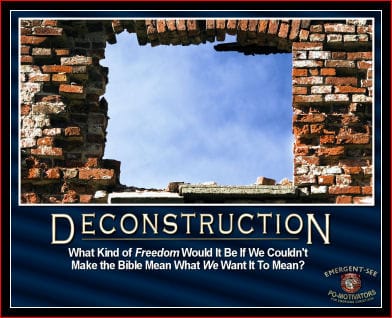 I promised in my last post to also look at the verses in the Gospel of Luke that Campolo referred to in his sermon. Here again is a short excerpt of what he wrote: “The first thing out of Jesus’ mouth when he started his ministry—Matthew, Mark, Luke, check it out—the first thing he says is, “I have come to declare the kingdom of God is at hand.””
I promised in my last post to also look at the verses in the Gospel of Luke that Campolo referred to in his sermon. Here again is a short excerpt of what he wrote: “The first thing out of Jesus’ mouth when he started his ministry—Matthew, Mark, Luke, check it out—the first thing he says is, “I have come to declare the kingdom of God is at hand.””Luke 4:18-19:
Because he anointed me to preach good tidings to the poor:
He hath sent me to proclaim release to the captives,
And recovering of sight to the blind,
To set at liberty them that are bruised,
[1b.] Recovering of sight to the blind. He came not only by the word of his gospel to bring light to them that sat in the dark, but by the power of his grace to give sight to them that were blind; not only the Gentile world, but every unregenerate soul, that is not only in bondage, but in blindness, like Samson and Zedekiah. Christ came to tell us that he has eye-salve for us, which we may have for the asking; that, if our prayer be, Lord, that our eyes may be opened, his answer shall be, Receive your sight.
[1c.] The acceptable year of the Lord, Luk_4:19. He came to let the world know that the God whom they had offended was willing to be reconciled to them, and to accept of them upon new terms; that there was yet a way of making their services acceptable to him; that there is now a time of good will toward men. It alludes to the year of release, or that of jubilee, which was an acceptable year to servants, who were then set at liberty; to debtors, against whom all actions then dropped; and to those who had mortgaged their lands, for then they returned to them again. Christ came to sound the jubilee-trumpet; and blessed were they that heard the joyful sound, Psa_89:15. It was an acceptable time, for it was a day of salvation.
2. Christ came to be a great Physician; for he was sent to heal the broken-hearted, to comfort and cure afflicted consciences, to give peace to those that were troubled and humbled for sins, and under a dread of God’s wrath against them for them, and to bring them to rest who were weary and heavy-laden, under the burden of guilt and corruption.








